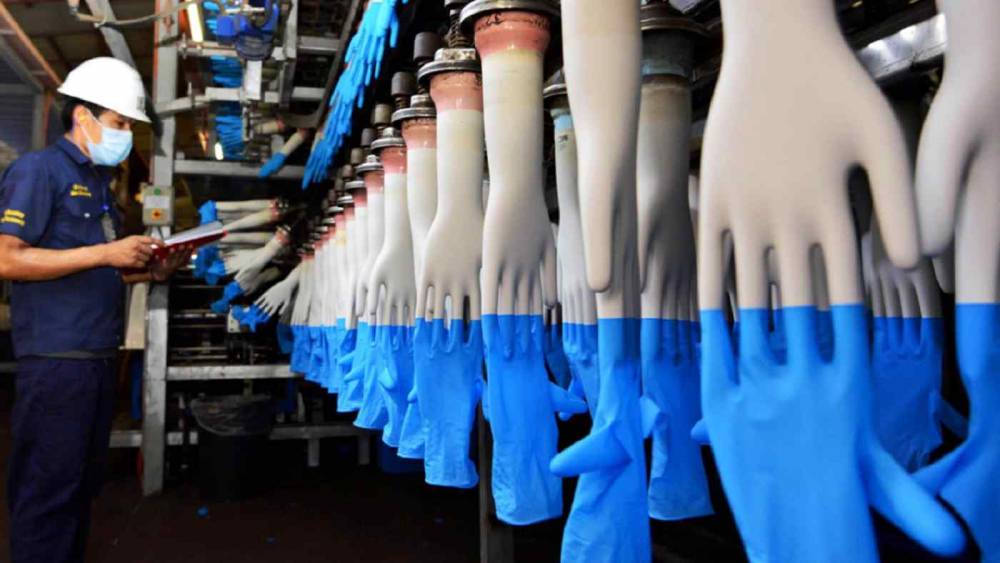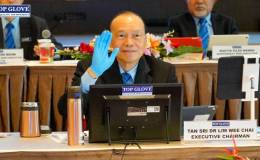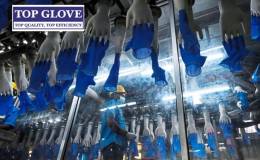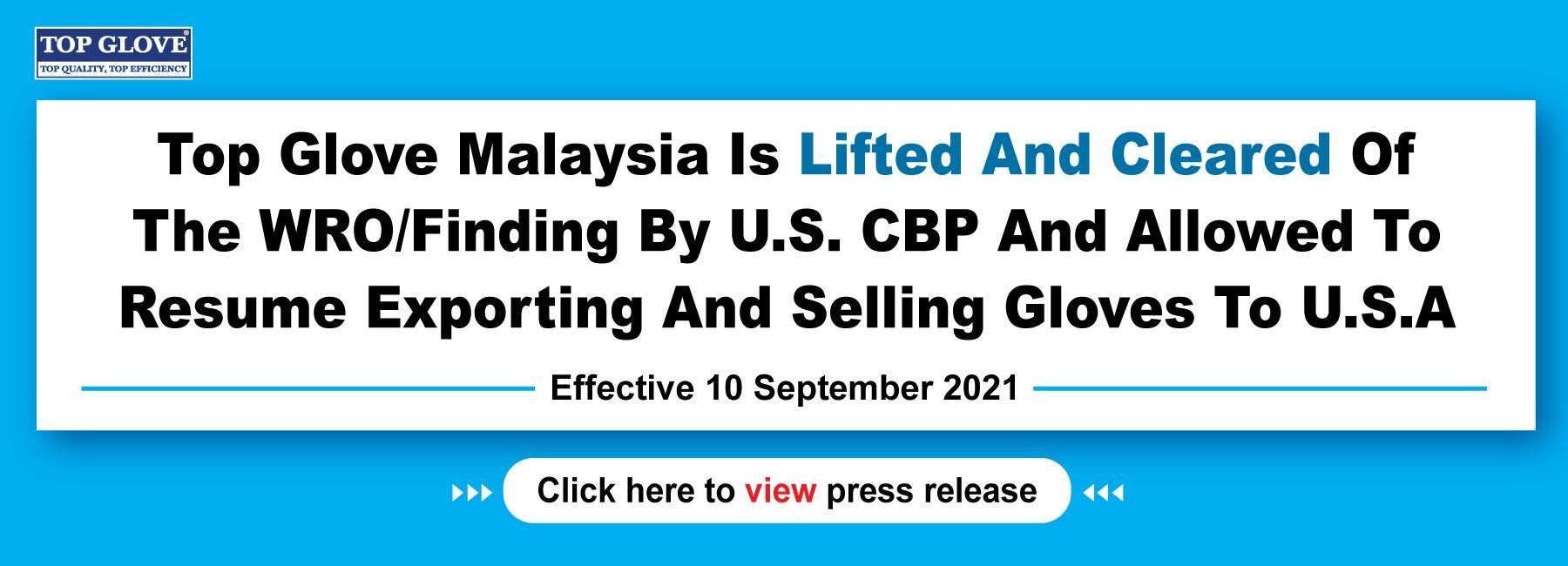TOP GLOVE MAKES AUTOMATION PUSH AMID PANDEMIC LABOR SHORTAGE
02 July 2020 / 12:07

Top Glove is looking to increase annual output capacity to 140 billion gloves by 2026, up from 78.7 billion units. (Photo courtesy of Top Glove)
SINGAPORE: Malaysia-based Top Glove, the world's leading producer of rubber surgical gloves, will invest 3 billion ringgit ($700 million) to modernize its production facilities in a bid to reduce the dependency on migrant workers.
Top Glove workers churn out 16,000 gloves per capita each day. But the company is having trouble keeping up with demand even at full capacity. The lead time on deliveries on synthetic nitrile rubber gloves is now stretched to 420 days.
"Intensifying automation and digitalization across every aspect of our operations remains a top business priority," Top Glove founder and Chairman Lim Wee Chai told Nikkei. "We have invested in advanced technology and projects incorporating artificial intelligence and robotic process automation."
The 3 billion ringgit will be used to add 450 new production lines through 2026. Annual output capacity will be lifted nearly 80% to 140 billion gloves, up from 78.7 billion units.
Artificial Intelligence will be used for quality control to reduce the volume of defective products and boost production efficiency. AI-equipped cameras will also analyze activities of laborers to improve workplace safety and security.
Top Glove, which exports to 195 countries, commands a global market share of 26%. The company has seen demand grow sharply amid the coronavirus pandemic.
Orders from China and Brazil have approximately quadrupled compared with before the pandemic, while orders to the U.S. swelled 150%.
The skyrocketing demand helped Top Glove earn a net profit 575 million ringgit for three quarters through May, breaking previous all-time highs for the full year.
But the COVID-19 pandemic has also brought problems associated with foreign migrant workers into sharp relief. Because of travel restrictions, companies are unable to bring in more migrant workers to help ramp up production.
"No employment of foreign workers is allowed until year-end," said Malaysia's Human Resources Minister M. Saravanan, sparking concerns of a drawn-out labor shortage.
Out of 13,000 factory workers hired by Top Glove, 11,000 are foreign nationals. The company's treatment of its workers has been subject to withering scrutiny as of late.
At the dormitories housing migrant workers, 24 people share the same room, one laborer said in a June expose by the British broadcaster Channel 4.
"We have to share the bathrooms with everyone in the bloc," said the man. "I am scared that I will get infected with the virus."
Top Glove immediately rejected the claims as "highly inaccurate." The company says it has rolled out social distancing and other measures to prevent the spread of disease.
The company also maintains that its workers' take-home pay exceeds 1,600 ringgit a month, higher than the 1,200 ringgit minimum wage. But the pay still pales in comparison to Malaysia's overall average monthly wage of roughly 3,000 ringgit.
With the inclusion of Hartalega Holdings and other Top Glove rivals, Malaysia's share in the global rubber glove market approaches 70%. This contingent derives its competitive advantage in the ability to procure rubber domestically or in nearby countries, as well as in the cheap labor costs.
The shift away from manual labor has become a cross-industry issue in Malaysia. Companies that adopt high technology make up only 37% of manufacturers, and no more than 20% of the service sector, according to the Shared Prosperity Vision 2030, a document released last year by the government under former Prime Minister Mahathir Mohamad.



-cropped.jpg)



.jpg)
 (1).jpg)

.png)
.png)
.png)

.png)
.png)
.png)





